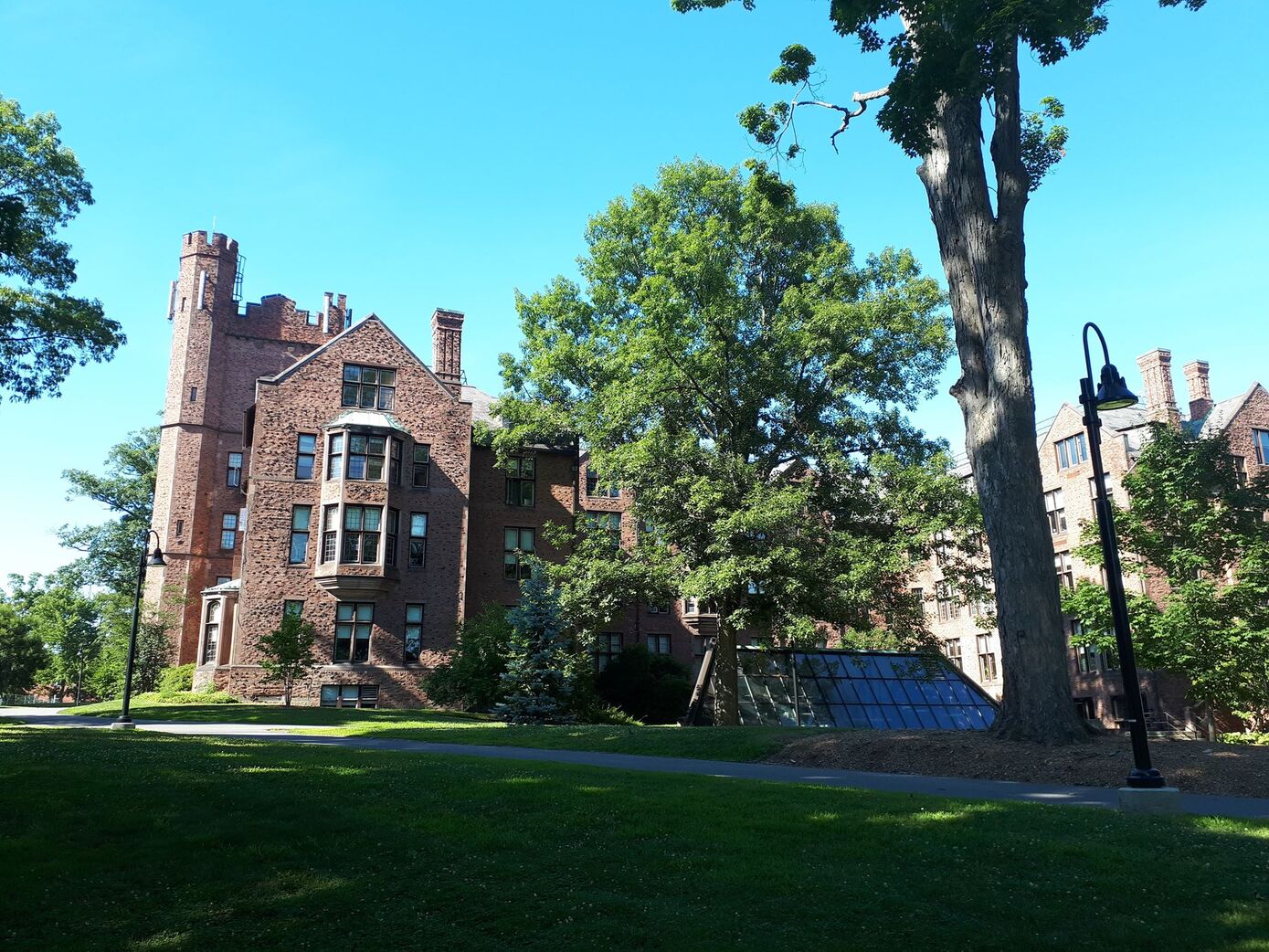Travel Grant of RU 2518 to Wojciech Kopec
Postdoc at the Max Planck Institute for Biophysical Chemistry (FOR 2518 - P5)
Ion Channels Gordon Research Conference (GRC)
“Excitable Membranes in Era of Precision Biology”
together with the associated Gordon Research Seminar (GRS)
July 7 - 13, 2018
South Hadley, MA, US
Here, an excerpt of his conference report (fully available on ownCloud):
In early July of 2018 I had a chance to attend the famous ‘Ion Channels Gordon Conference’. Often times I heard from my peers that this particular conference is a wonderful platform to exchange knowledge and build long lasting collaboration for all individuals interested in ion channel structure, function and disease. Now the time has come to check it for myself.
The conference, together with its ‘little brother’ - Gordon Research Seminar, a one day meeting for early stage researchers - PhD students and young postdocs - were held in the Mount Holyoke College, located in South Hadley, just about 2h drive from Boston. On a day to day basis, Mount Holyoke College is a liberal arts college for women, although off semester the school facilities are used for meetings, conferences and even Frisbee camps (one was held simultaneously with the GRC). The college consists of many well spread buildings, and its full of green areas, including a football pitch (where we played the traditional Europe Channels vs The World Channels game) and charming streams, perfect to sit down and relax after being bombarded with newest highlights and insights from the ion channels world.


